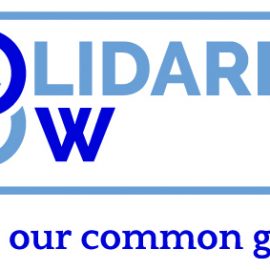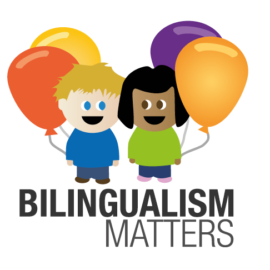Dear all,
Thank you very much for attending Prof. Gabriella Vigliocco’s talk entitled More than words: Multimodal communication in native and second language, part to our seminar series ““Multilingualism and Diversity: Impact on Education, Health and Society”.
The recording is available here: https://mediacentral.ucl.ac.uk/Play/92758
The next talk of the series that will be delivered by Prof. Cathy Price, Director of the Wellcome Trust Centre for Human Neuroimaging – University College London, UK. Please, find below more information about the talk and the speaker.
See you on Monday 23rd of January 2023 at 6pm (London time).
Kind regards,
Professor Roberto Filippi
Director of MULTAC (Multilanguage and Cognition Lab)
Programme Leader MSc Child Development
Department of Psychology & Human Development
University College London – Institute of Education
Zoom link: https://ucl.zoom.us/j/95395309819
Title: What makes the multilingual brain special before and after stroke?
Abstract: Communicating in words is a remarkable feat– but it is even more intriguing to consider how the human brain can use multiple languages. I will discuss the results from some of the neuroimaging studies that my colleagues and I have conducted. A consistent finding is that the same brain regions are involved in processing different languages, irrespective of the number of languages spoken. The first example comes from a series of anatomical neuroimaging experiments that found that grey matter density in the posterior supramarginal gyri was higher for: bilinguals compared to monolinguals, polylinguals compared to bilinguals, more versus less proficient bilingu als; and, critically, monolingual adolescents with higher versus lower vocabulary knowledge. The effect of multilingualism therefore appears to be the consequence of an explicit learning strategy that links new words to lexical or conceptual equivalents, as used in formal education and second language acquisition. Our functional imaging studies have shown that the head of the left caudate is involved in switching between the use of different languages, in bilinguals, and when monolinguals are controlling the use of irrelevant words. It therefore appears to play a role in inhibiting the language not in use. The third interesting observation is that, irrespective of which language they were using, highly proficient bilinguals showed enhanced activation in speech production regions. We concluded, with additiona l investigations, that thisreflects increased demands on word retrieval and articulation because each language specific word will be used less frequently in bilinguals than monolinguals. Finally, when lesion site is controlled, the effect of stroke on language function and its recovery is remarkably similarin bilinguals and monolinguals except that bilinguals were slower to recover in one lesion site specific group, possibly because more time is needed for these patients to re-learn two languages than one language.
Biography: Cathy Price is a Professor of Cognitive Neuroscience and Director of the Wellcome Centre for Human Neuroimaging at University College London, UK. Cathy is a fellow of the Royal Society, British Academy and the Academy of Medical Sciences and She has recently won the distinguished career award in the Neurobiology of language. Her early work in human neuroimaging helped to produce new approaches for investigating the brain bases of cognitive functions. She also provided theoretical frameworks for understanding cognitive impairments in neurological patients and helped to transform our understanding of how the brain supports language processing – including speech perception, speech production, semantic memory and reading. Contrary to traditional views, Cathy has shown how specialisation for all types of language processing emerges through cross-talk among unique combinations of areas that are each involved in many other non-linguistic functions. Her current work is in the development of neuroimaging tools that predict and explain how adult stroke survivors recover from speech and language impairments (aphasia).





